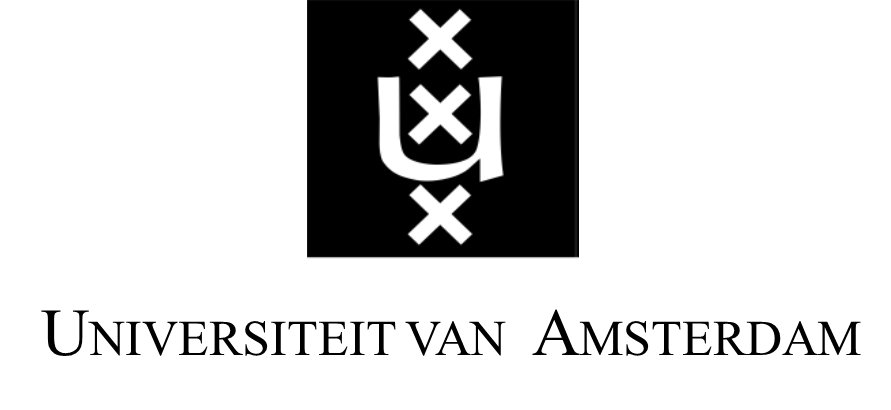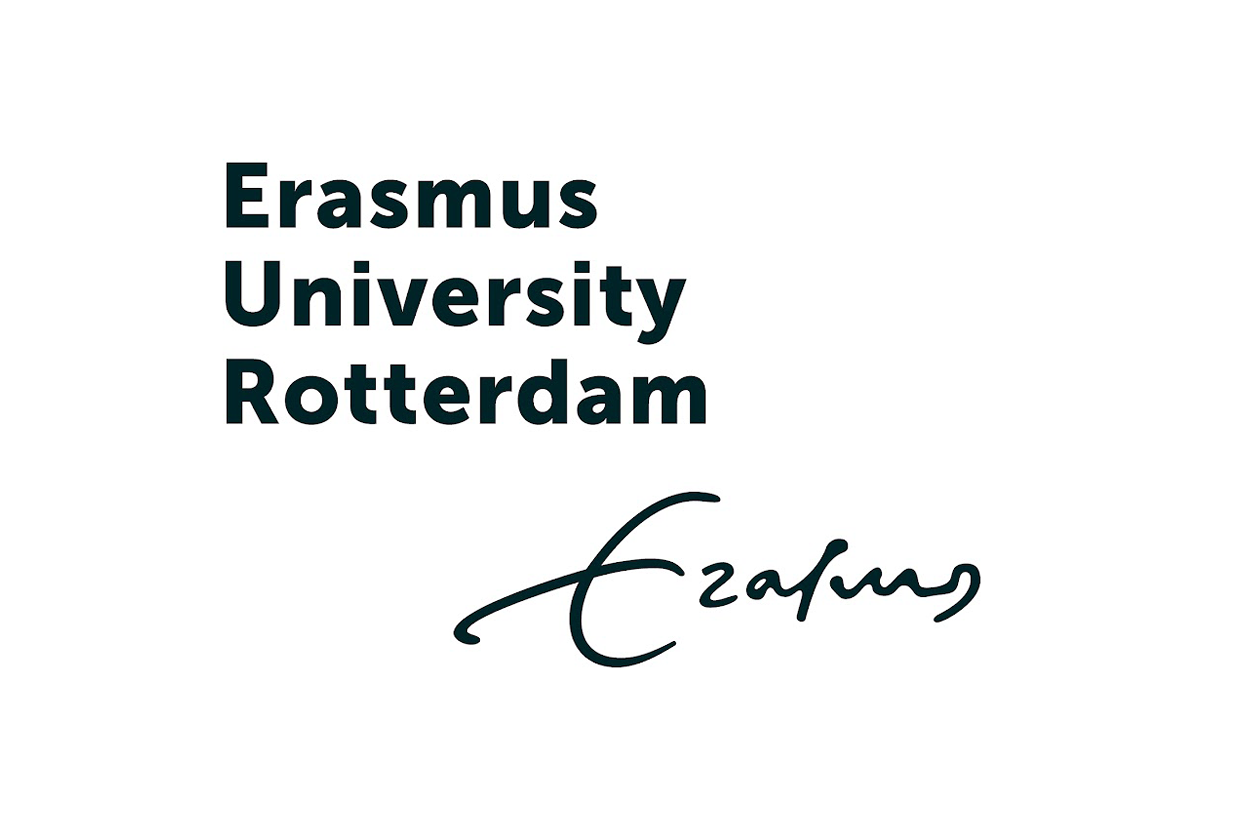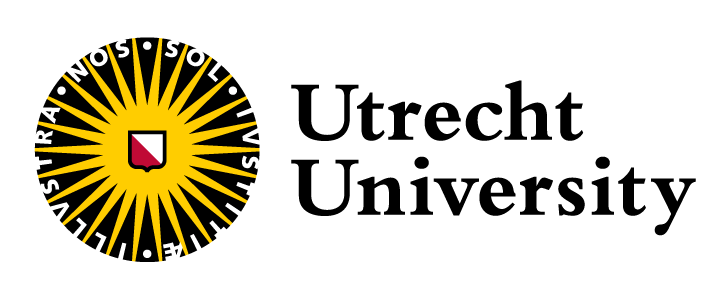Partners /
University of Amsterdam
Faculty of Law (FdR)
The Institute for Information Law is a leading research center dedicated to studying information law. It conducts cutting-edge research, encourages critical debate on regulating information markets, and covers a broad range of legal areas related to the information society, such as intellectual property, media law, Internet regulation, and privacy.
Faculty of Social and Behavioural Sciences (FMG)
The Amsterdam School of Communication Research is a top research institute dedicated to understanding the challenges of digitalization, personalization, and fragmentation. Its research focuses on the impact of these developments on individuals, including misinformation, manipulation, human-machine communication, and algorithmic selection.
The Amsterdam School for Cultural Analysis is an interdisciplinary research community dedicated to critical cultural studies. It explores key issues like structural inequality, redefining national identity, post-truth, media literacy, data activism, autonomy, and privacy.
Faculty of Science
The Informatics Institute conducts curiosity-driven research in various areas of informatics, with a focus on collaborative, data-driven, computational, and intelligent systems. Its research themes include Artificial Intelligence, Computational Science, Data Science, and Systems and Networking.
Delft University of Technology
Faculty of Technology, Policy and Management
The Multi-Actor Systems department (MAS) does transdisciplinary research focusing on understanding, explaining, and changing complex sociotechnical systems to address grand societal challenges, such as climate change, cybersecurity and the energy transition.
The Department of Engineering Systems and Services focuses on the intersection of complex systems and engineering, specifically in the areas of energy, mobility, and ICT. It uses advanced tools (e.g., agent based simulation and modelling, ICT-architecting, and choice behaviour modelling) to analyze and shape these systems while also considering human behavior, economics, law, and regulation.
Faculty of Electrical Engineering, Mathematics & Computer Science
The department of Intelligent Systems conducts research in data processing, interpretation, visualization, and interaction, using model- and knowledge-based methods and algorithms. Research challenges are drawn from various domains, such as consumer electronics, entertainment, cultural heritage, social media, health sciences, security, privacy, and incident management.
Erasmus University Rotterdam
This Erasmus Initiative aims for innovative and interdisciplinary research and education in AI that places people and society centre stage. Together with key stakeholders we set the expectations for implementations of AI benefiting society. Through setting the expectations we seek to engage the public with the rapidly evolving integration of AI in society.
Rotterdam School of Management
The Technology and Operations Management department combines scientific ambition and rigour with practical relevance. The focus of its research and education is to understand and improve the design, manufacturing, and distribution of products and services in a digitizing world.
Erasmus School of Social and Behavioural Sciences
The Movez Lab connects research, education and society, resulting in a blended science approach. Through our research, we strive to answer questions that concern different societal groups. It facilitates collaborations with scientists from different disciplines, such as social sciences, health sciences, computer sciences and law.
Utrecht University
Faculty of Humanities
The Department of Media and Culture Studies researches film, TV, games, new media, digital culture, theatre, dance, performance, gender, ethnicity, music, and cultural policies. It explores the role of art, culture, and media in present-day society, focusing on historical and contemporary developments, transmedial and intermedial phenomena, cultural diversity, emancipation, heritage, and digital humanities.
Faculty of Geosciences
The Copernicus Institute is a vibrant international research community that aims to help accelerate the transition to a sustainable and just society. It is doing this through the development of excellent and relevant knowledge, collaborating with citizens, politicians, policymakers, NGOs and firms to learn from each other and influence decision-making, and by educating the change agents of the future.
Faculty of Law, Economics and Governance
The Utrecht University School of Governance studies public issues and public organisations in their interaction with the developments in politics and society. The key question in its research is how public organisations (and private organisations with a public task) deal with current social issues, how they shape their public responsibilities and deliver public value.
The Utrecht University School of Law conducts top-ranking research in all important legal fields: private law, criminal law, constitutional and administrative law and international law. Its researchers collaborate intensively with foreign partners, especially in the field of European and comparative law.
Faculty of Social and Behavioural Sciences
How can we use sensor data within survey research? How can we combine various sources of data? Are Bayesian statistical models better than classical ones? Can we use “big data” to improve healthcare? These are some research questions that the Department of Methodology and Statistics tries to answer with her research. It teaches courses on methods and statistics as well as applied data science throughout Utrecht University.
Tilburg University
TILT is one of the leading research groups in Europe at the intersection of law, technology, and society. It is premised on the multidisciplinary study of socio-technical change, aiming at understanding the interaction of technology and social and normative practices, in order to clarify how regulatory challenges of socio-technical change can be addressed.
TILEC supports and stimulates academic research on the governance of economic activity. It fosters academically path breaking and practically relevant research and aims to be a leading center worldwide.




